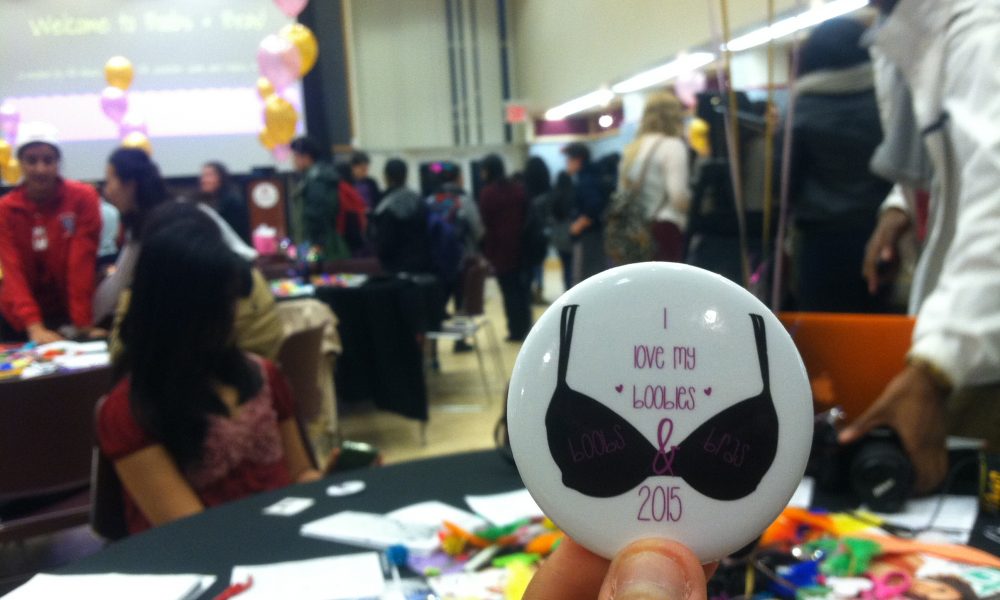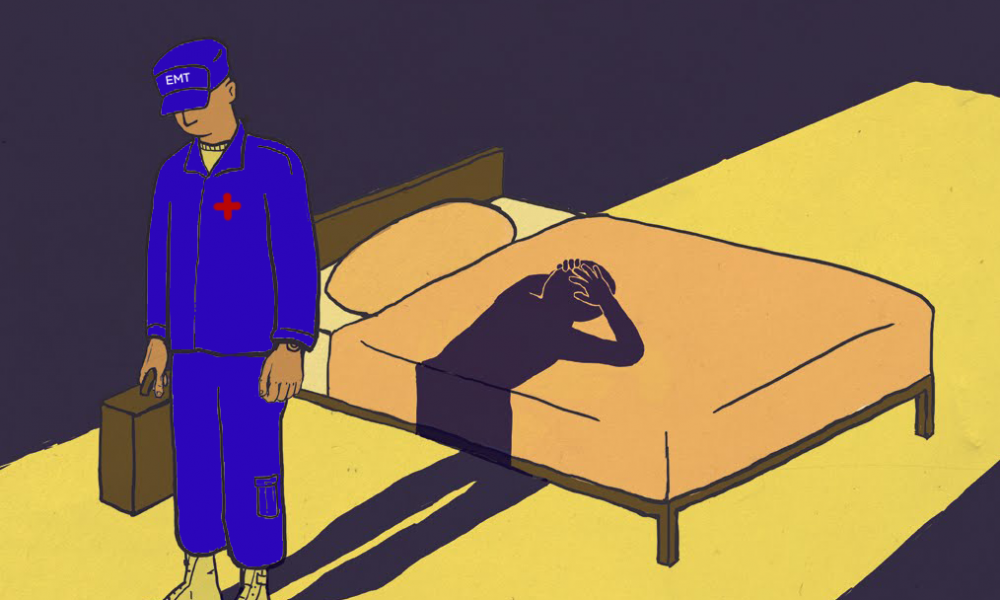A previous draft of this story was uploaded earlier.
Assistant Attorney General, Mark E. Klein, took another step Wednesday in the fight to have the civil lawsuit against Stony Brook University and State University of New York dismissed at a pre-motion conference at the White Plains Federal Courthouse.
The conference is “about seeking permission to file a motion,” said Klein. “Are we allowed to file a motion to dismiss.”
Former Stony Brook University student, Sarah Tubbs, filed a lawsuit against Stony Brook University (SBU), State University of New York (SUNY) and her alleged assailant on Jan. 23. The complaint filed alleges Tubbs was “sexually assaulted in her assailant’s dorm room” last January.
Two days later, on Jan. 28, 2014, Tubbs reported the assault to the campus police. The complaint goes on to catalogue a series of alleged missteps on the part of SBU, including a hearing where Tubbs was forced to act as her own prosecutor by cross-examining her attacker with “a paper screen” separating the two of them.
The argument rests on proving whether Tubbs’ Title IX privilege of equal access to educational opportunity was denied by SUNY’s “deliberate indifference and woefully inadequate response to her report of sexual assault.”
According to the pre-motion request filed by Klein, the plaintiff’s complaint fails to meet the Title IX standard and SUNY cannot be held liable. The complaints “do not arise to the level of deliberate indifference,” said Klein to Judge Nelson Román.
The university conducted an investigation and, in May of 2014, held a hearing in response to Tubb’s alleged sexual assault. The university’s actions, however inefficient they might have been, undermine any claims of indifference or discrimination, according to Klein.
Tubbs also completed school and graduated with honors. This disproves any claim of deprivation of educational opportunity argued the defense. “For this reason, plaintiff’s complaint should be dismissed as against SUNY,” the request stated.
In response, Sussman argued that flaws in the university system did, in fact, deprive his client of educational opportunity. He cited lines from the initial claim, which stated, “As a result of the attack, Ms. Tubbs could not eat, could not sleep, and experienced panic attacks,” and throughout her graduating, spring semester, “Ms. Tubbs lived in a constant state of fear and anxiety” afraid she’d encounter her attacker.
“Do we measure educational opportunity solely by final grade?” asked Román who also posed the question to counsel of whether there was a case defining educational opportunity. Román spoke of his time as a college student at Fordham University attending pep rallies and especially enjoying guest lectures.
If I was a student who has been the victim of an assault, the “prospect of running into that person, for me, would be somewhat traumatic,” said Román.
“The judge was very responsive,” said Sussman, who following the conference, was pleased by Román’s “understanding of what it’s like to be a university student.”
SUNY’s potential motion to dismiss was not the only dismissive motion discussed. Sussman also requested permission as did Daniel Dugan of The Law Offices of Stewart Lee Karlin, representing the individual defendant.
Dugan’s client denied all criminal charges, which include assault, battery and intentional infliction of emotional distress, and filed a counterclaim. Filed March 11, it claims that the plaintiff’s “allegations of sexual assault and rape directly injured” the defendant’s “professional and personal reputation” and were made with “reckless indifference to the truth.”
Sussman responded with his own request to dismiss the counterclaims. The request argues that Tubbs, when recounting the story of her alleged sexual assault to her professors, did not identify her assailant. Further, the counterclaim fails to allege statements were “knowingly false” or “solely motivated by spite or ill will,”—and claims of slander, libel and malicious prosecution should be dismissed.
According to the initial lawsuit, on either late Saturday night, Jan. 25, 2014 or early Sunday morning the following day, “Ms. Tubbs attended a party at the West apartments.” In the course of the night Tubbs met her alleged attacker, who “surreptitiously replaced” Tubbs’ mixed-drink with a more potent one containing “straight liquor.”
After the party, Tubbs went to the defendant’s dorm room “with the intention of engaging in sexual relations.” The two started kissing but Tubbs “changed her mind” and communicated that she no longer wanted to “have further sexual contact.”
Despite Tubbs’ protests, the claim alleges, the defendant became violent and she could not “successfully fight off his continued sexual advances.”
The defendant was found not responsible for all charges of sexual misconduct, according to the university hearing conducted by the Community Standards Office.
Dugan claimed that his client had already been tried and found not guilty.
However, when Dugan presented the argument, Román appeared unconvinced.
“What bearing does that have on her claim here?” Román, who earlier called the hearing a “quasi-judicial procedure,” asked Dugan. “They’re precluded from bringing a claim against an alleged assailant?”
The Press contacted Dugan for comment. “At this time we don’t have any further comment beyond the Answer and Counterclaims which have been filed in Court.”
The plaintiff and defendants were granted leave to amend complaints. All amended pleadings are due April 20.
Once the final motions to dismiss are filed, it’s up to Román to decide whether the case goes further.
“We’ll find out,” said Klein.




Comments are closed.